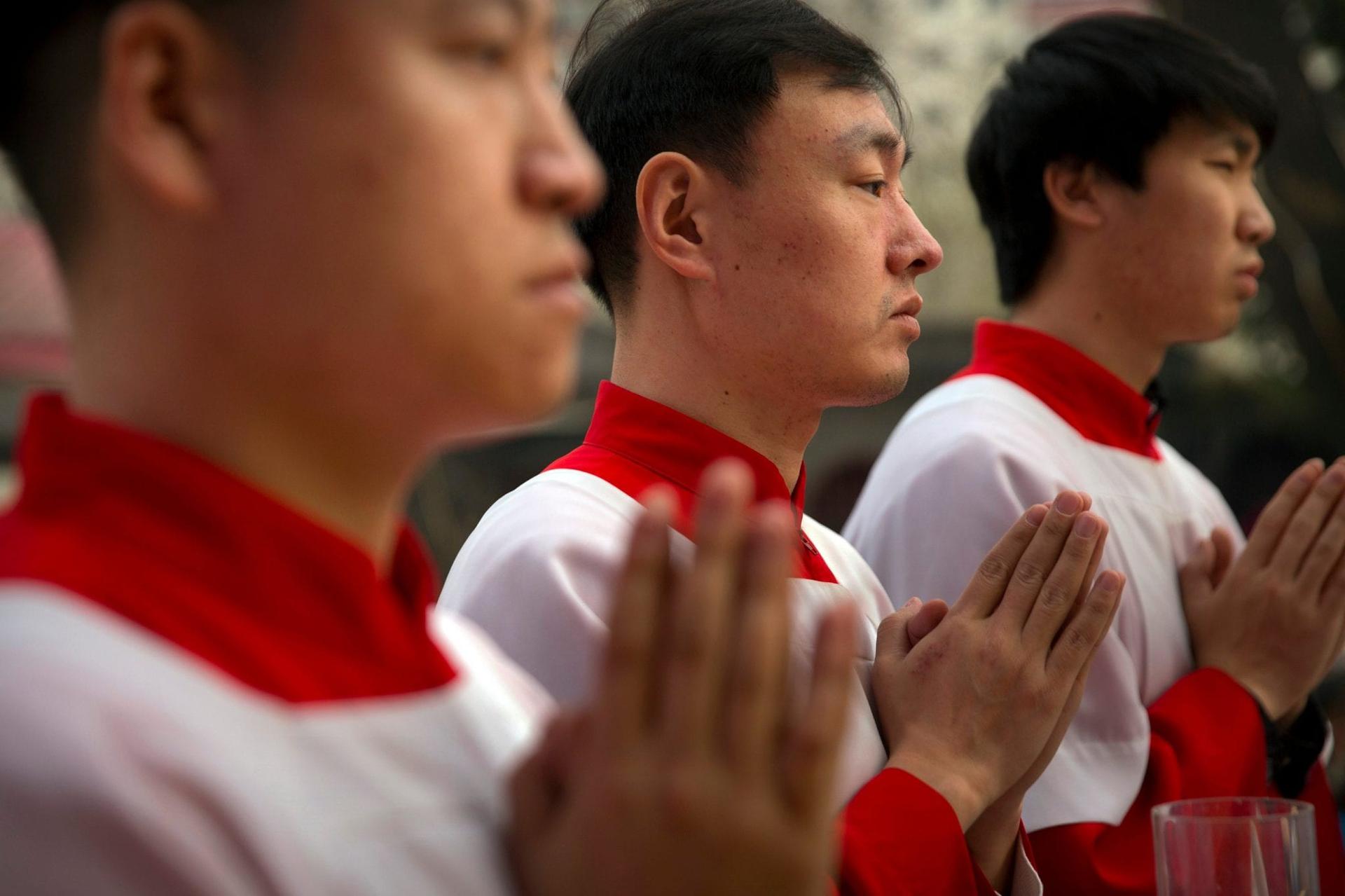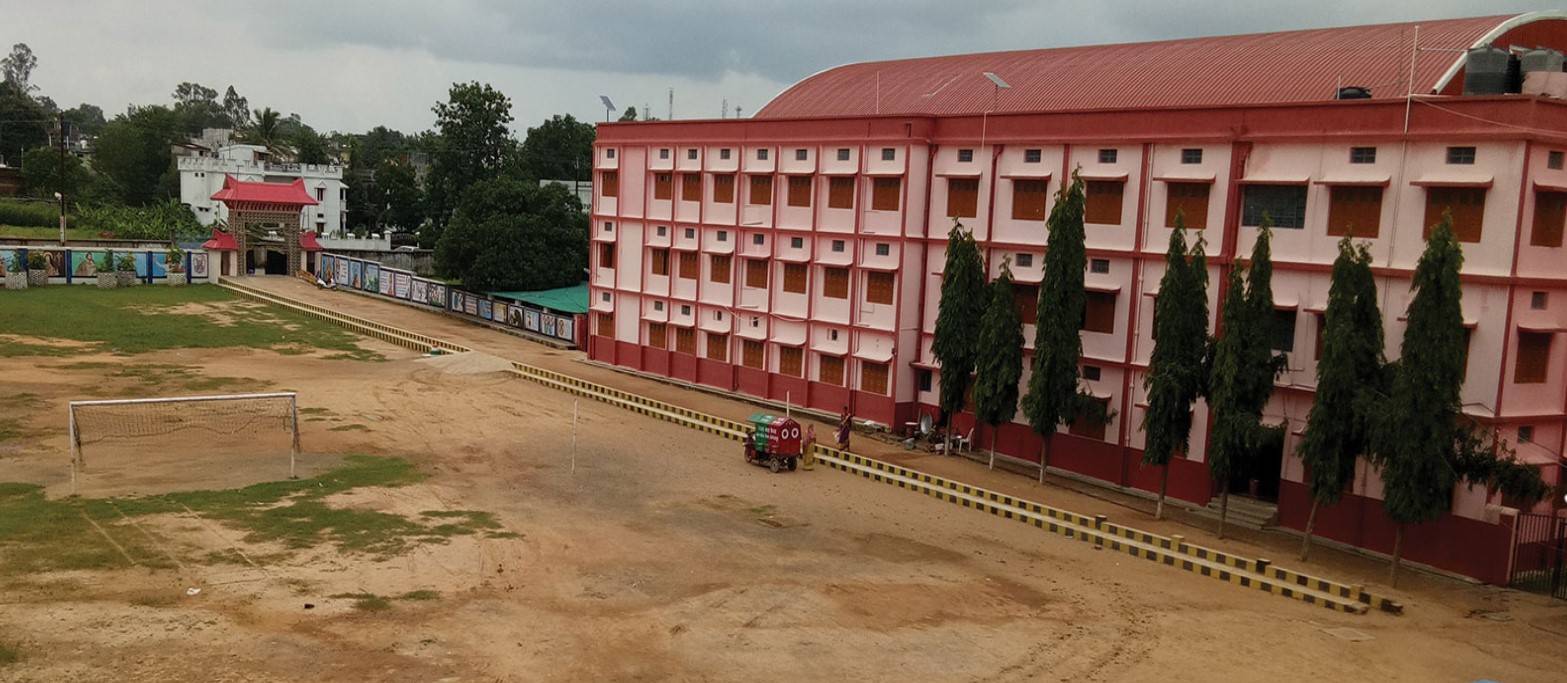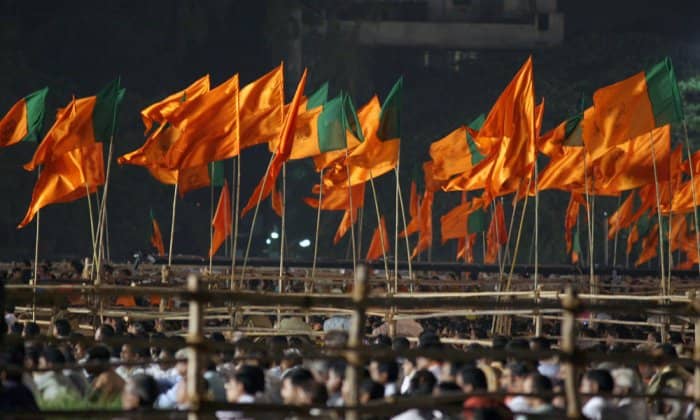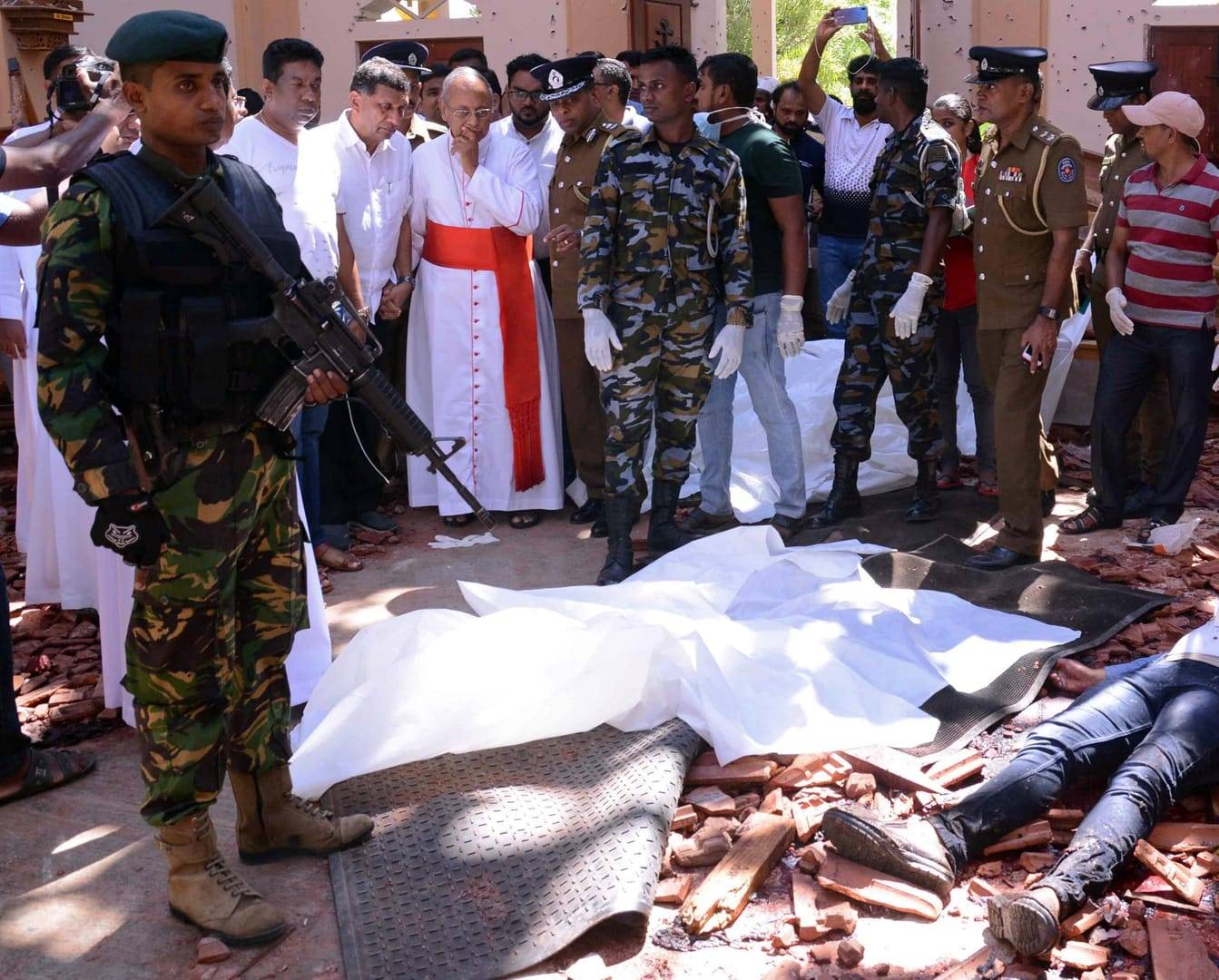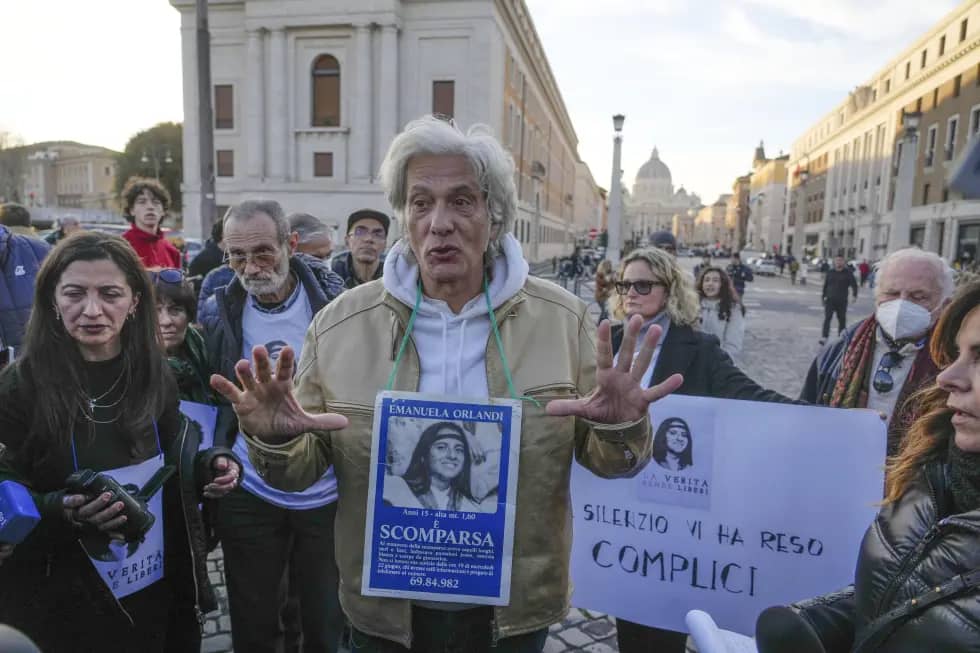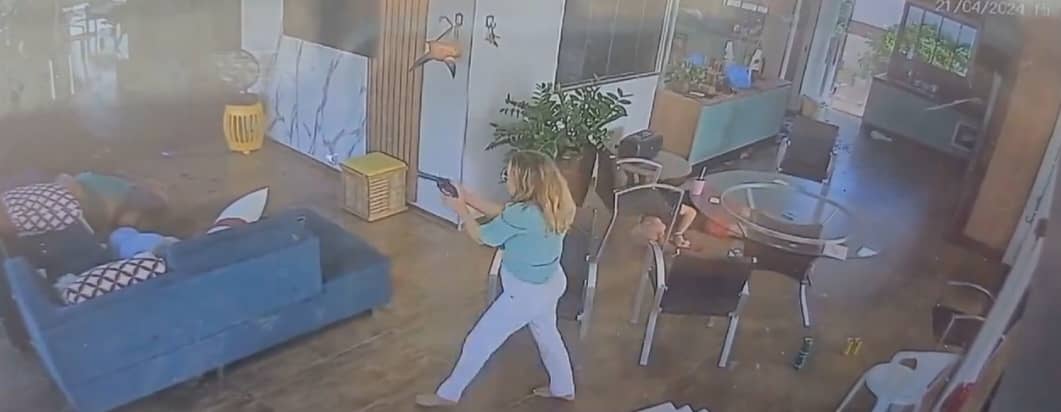– Two underground bishops in China have agreed to step aside in favor of bishops of the Chinese Patriotic Catholic Association, in the wake of a deal signed between the Holy See and the Chinese government.
AsiaNews reported Dec. 13 that Bishop Vincent Guo Xijin of Mindong (Ningde) has agreed to become auxiliary bishop and that Bishop Vincent Zhan Silu will become Bishop of Mindong.
The agreement was made at a meeting at the Diaoyutai State Guesthouse in Beijing, in the presence of Archbishop Claudio Maria Celli, president emeritus of the Pontifical Council for Social Communications.
At the same meeting, Celli announced that Bishop Peter Zhuang Jianjian of Shantou will give way to Bishop Joseph Huang Bingzhang.
Both Zhan and Huang had been excommunicated, and were reconciled to the Holy See as part of a September agreement between the Holy See and the People’s Republic of China.
According to AsiaNews, at the meeting Celli gave Guo a letter from Cardinal Pietro Parolin, Vatican Secretary of State, and from Cardinal Fernando Filoni, prefect of the Congregation for the Evangelization of Peoples, asking that he give up his role as Bishop of Mindong in favor of Zhan.
“Also according to the report of the priests of Mindong, Archbishop Celli would have told Bishop Guo that Pope Francis himself asks for this gesture of obedience ‘and of sacrifice for the general situation of the Chinese Church’,” the news outlet reported.
AsiaNews also noted that in previous cases in which a bishop of the CPCA was reconciled to the Holy See, he would become auxiliary bishop to an existing bishop of the underground Church.
Guo, 59, was detained by the Chinese authorities overnight in March. While he was released after only a short detention, he was ordered not to officiate as a bishop while saying Mass because he is not recognized by the government.
He was taken away because he refused to concelebrate with Zhan at a Chrism Mass.
Guo was also detained ahead of Holy Week in 2017.
In January, AsiaNews reported that a Vatican delegation asked Guo voluntarily to accept a position as coadjutor bishop under Zhan. This was also among the conditions Chinese officials had proposed to Guo during his 2017 detention.
Guo told the New York Times in February that “we must obey Rome’s decision,” and that “our principle is that the Chinese Catholic Church must have a connection with the Vatican; the connection cannot be severed.”
But he also indicated that while “the Chinese government doesn’t say explicitly that we need to disconnect” from Rome, “in some circumstances it has such an implication.”
In March, at the Chinese Communist Party’s annual meeting, Zhan told China’s Sing Tao Daily: “There are no obstacles [to a China-Vatican deal] if everyone just thinks of the benefit of the church for the sake of peace.”
Zhuang, 88, was asked to retire in late 2017 by the Holy See, but he reportedly refused the request at that time. He was consecrated a bishop in 2006, with the approval of the Holy See.
In December 2017 Zhuang was reportedly escorted to Beijing, where he met separately with leaders of the Chinese Catholic Patriotic Association, officials from China’s State Administration for Religious Affairs, and the Vatican delegation.
If Zhuang resigned, the Holy See delegation reportedly said at that time, he could nominate three priests, one of whom Huang would choose as his vicar general. “Bishop Zhuang could not help his tears on hearing the demand,” AsiaNews’s source said, explaining “it was meaningless to appoint a vicar general, who is still a priest that Bishop Huang could remove him anytime.”
